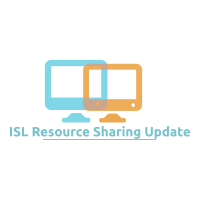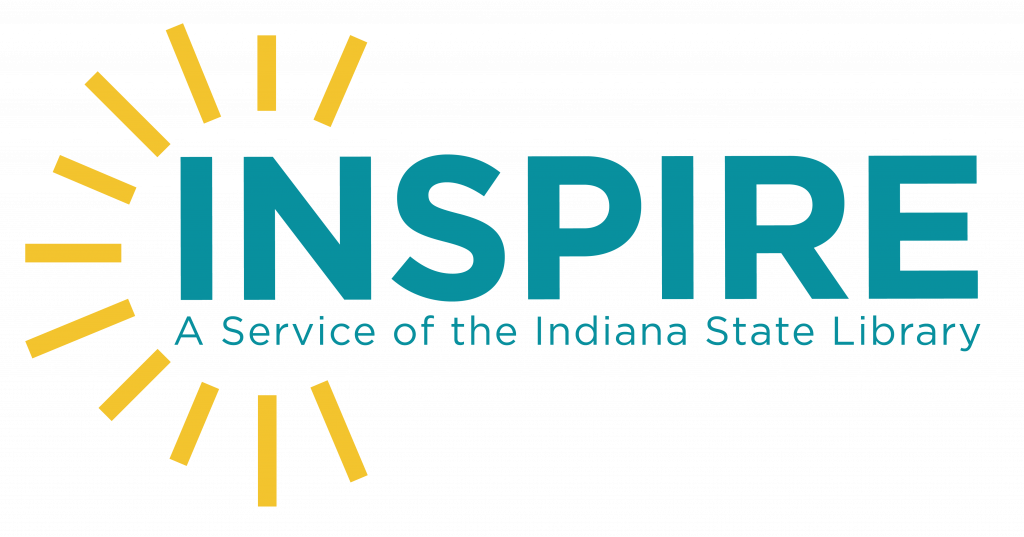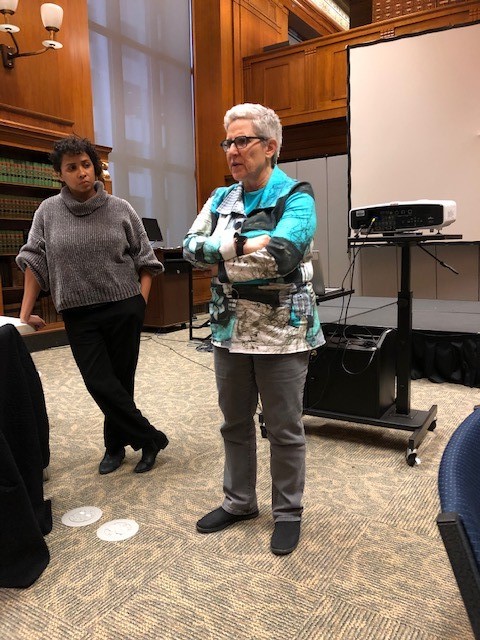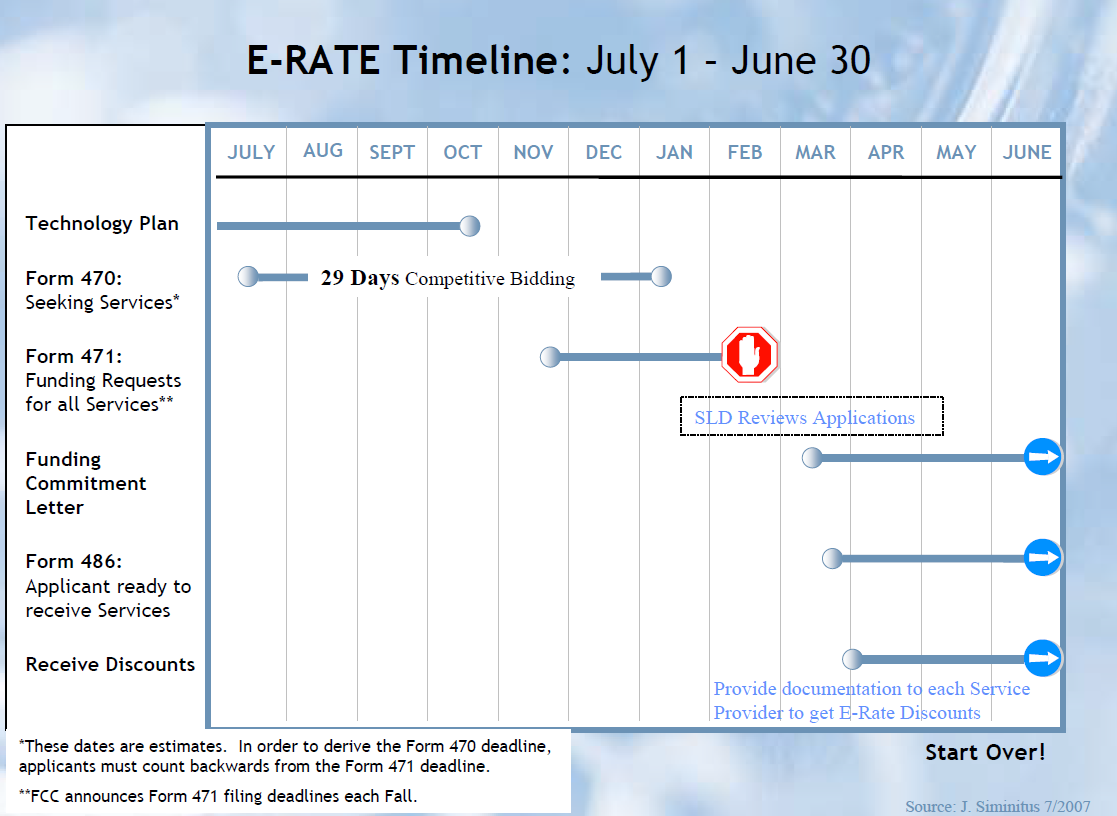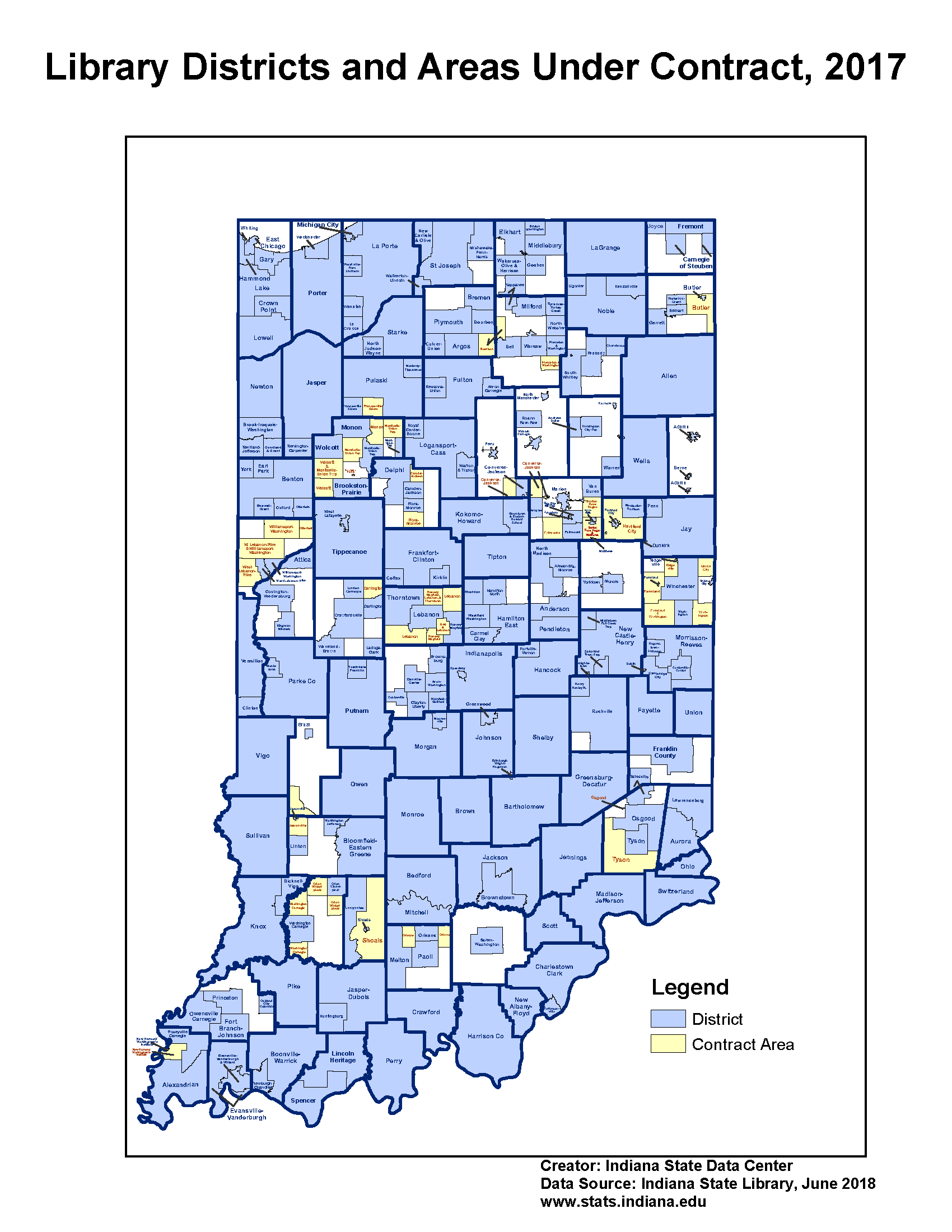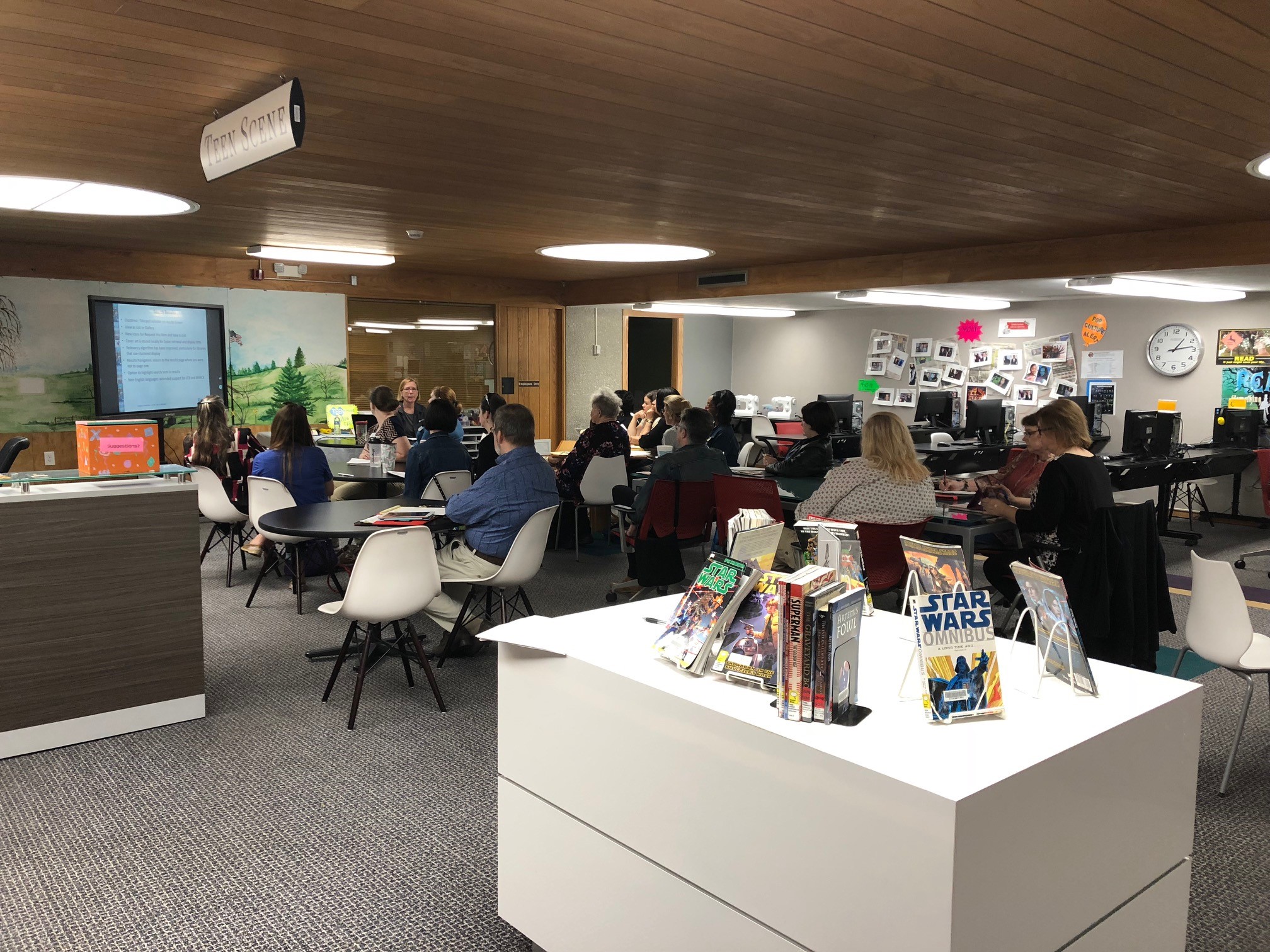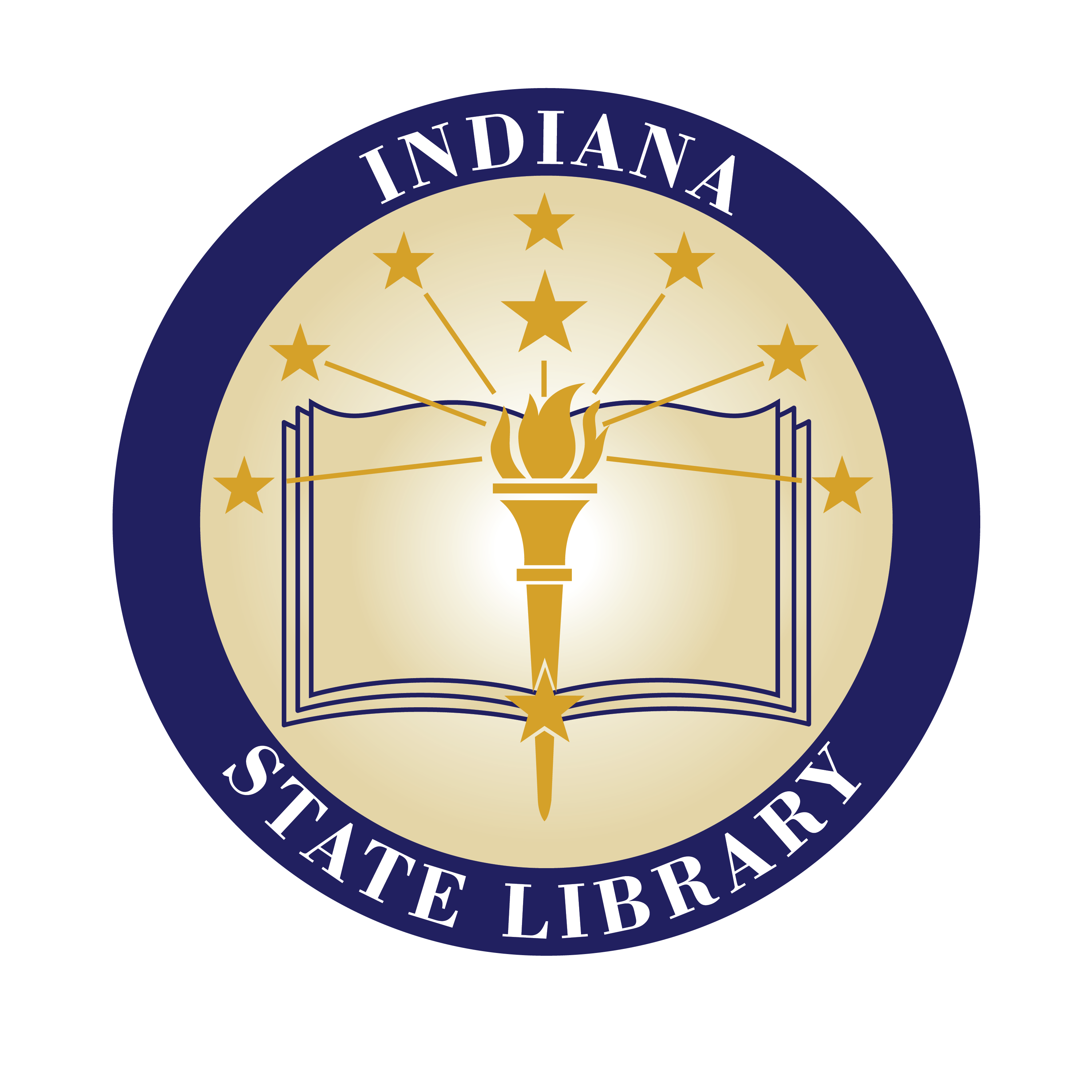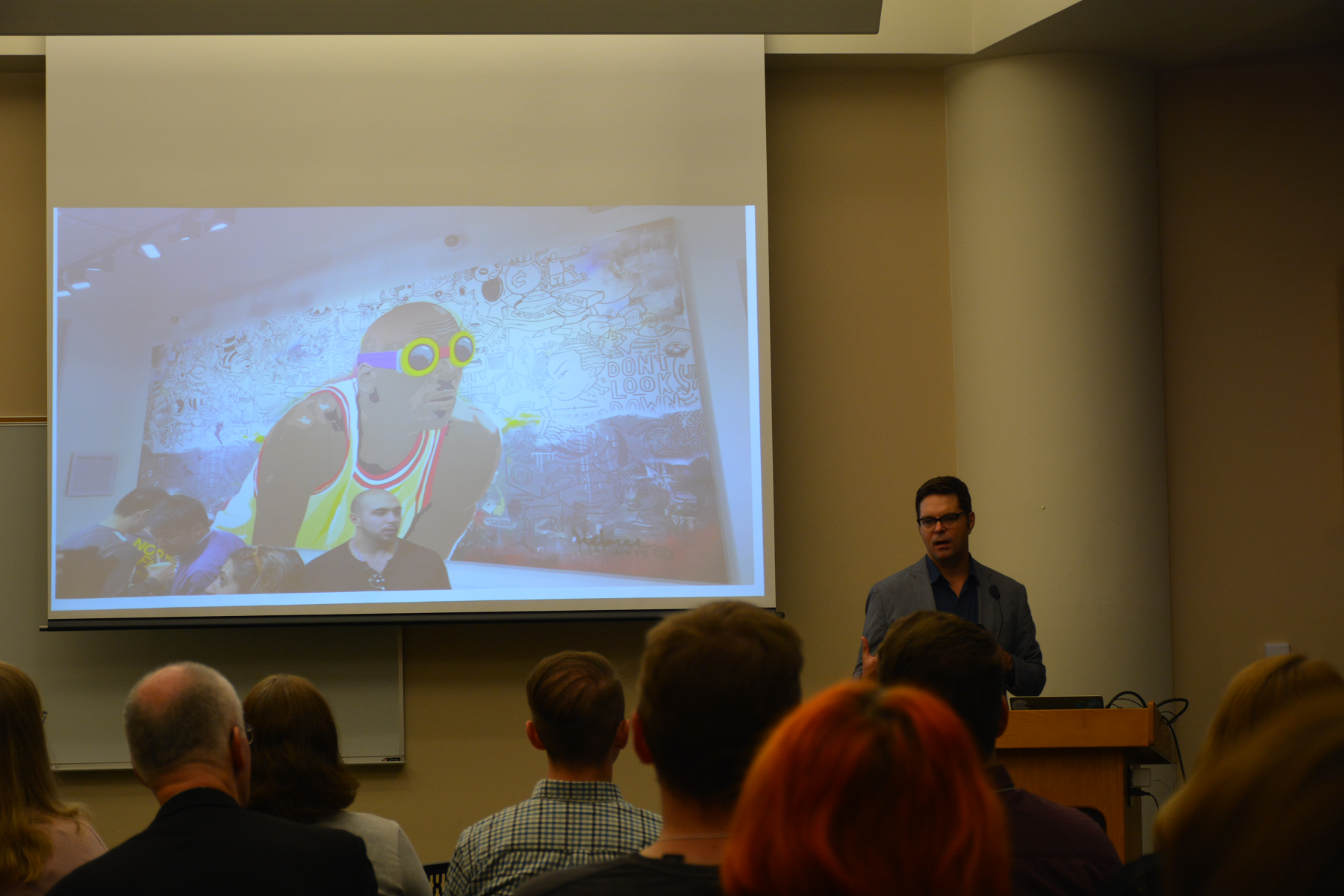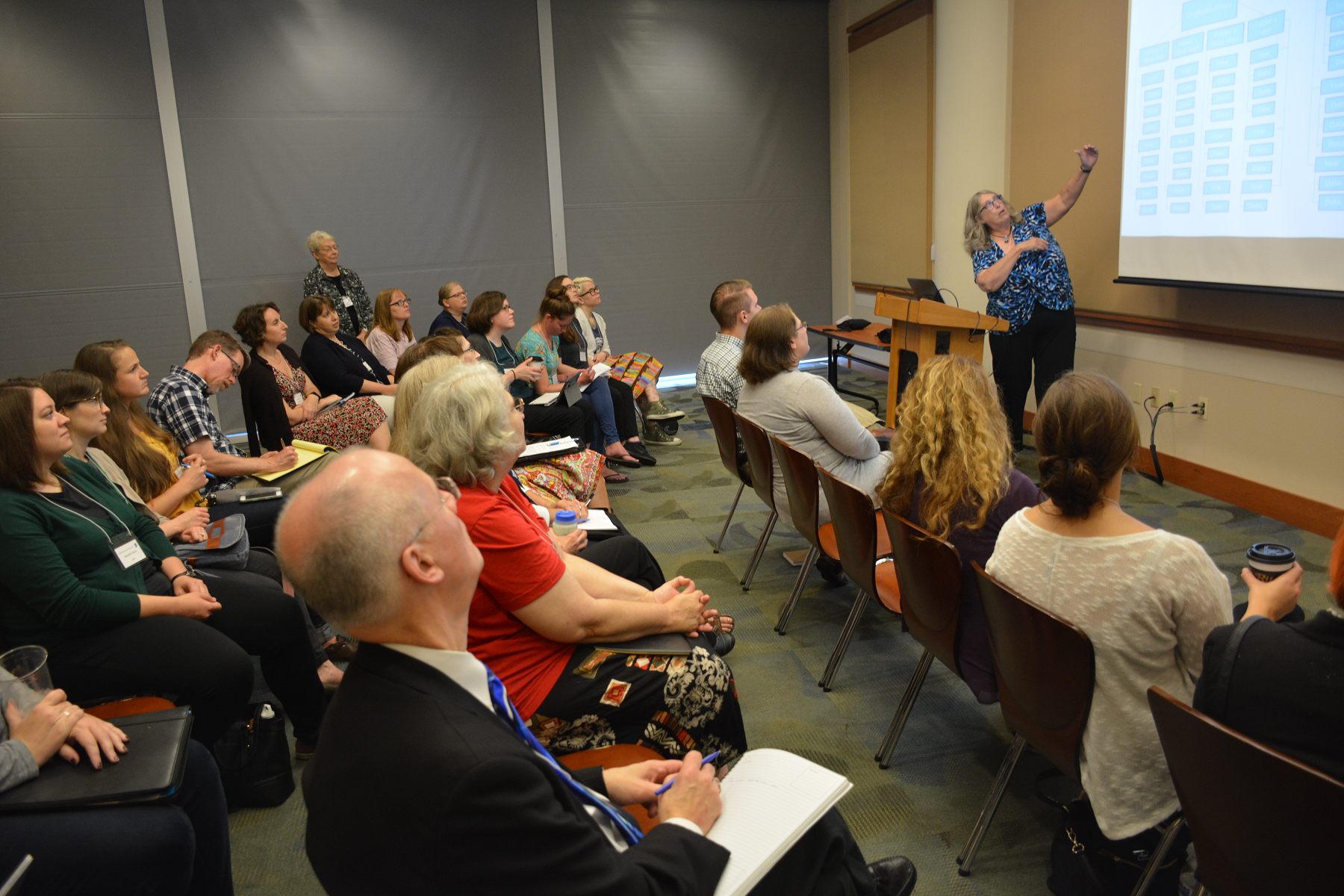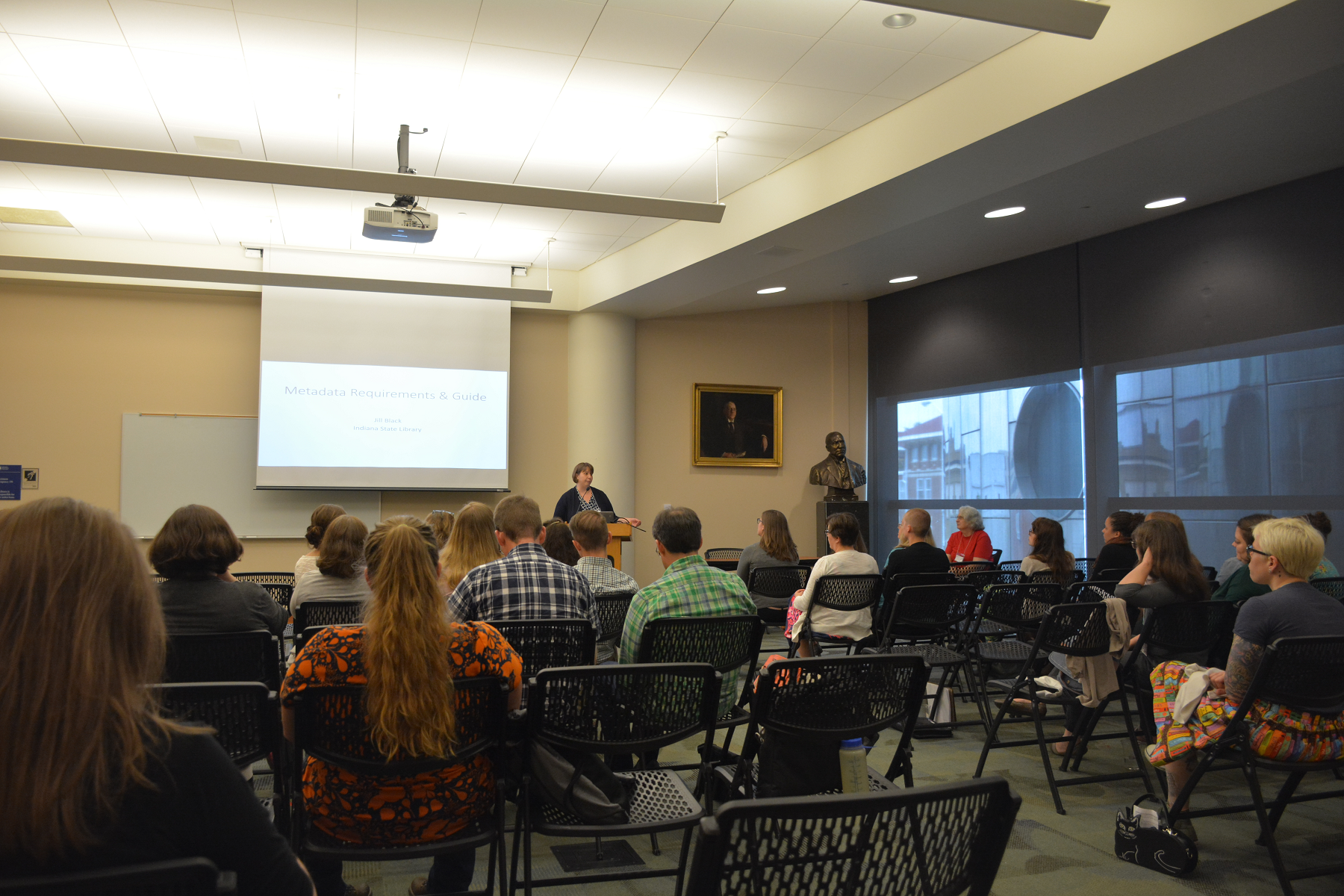On Oct. 2, the Indiana State Library hosted a resource sharing update for the Indiana library community. The two-hour webinar detailed the latest resource sharing information in the state. This took the place of the annual Discovery to Delivery conference which is normally held in-person each year. This abbreviated virtual conference featured sessions from State Library staff and vendors, and was attended by public, academic, school and institutional library staff. State Librarian Jacob Speer and Nick Schenkel, director of the West Lafayette Public Library, kicked off the conference by welcoming attendees.
Sessions included:
EBSCO – Rick Rybak, Academic Regional Sales Manager, EBSCO
As of July 1, the INSPIRE virtual library has been updated to feature EBSCO databases, including an upgrade to Academic Search Complete. Rick explained some of the newer additions to EBSCO’s offerings, including eBooks and LearningExpress.
Teaching Books – Nick Glass, Founder and Executive Director
Nick introduced the group to the resources available through TeachingBooks, which is also part of INSPIRE. While TeachingBooks’ primary audience is educators and caregivers, Nick introduced the new Book Connections interface, which is intended for every reader. Resources on these sites include background information on books and authors, including complete audio and video book readings.
InfoExpress – Nicole Brock, Indiana State Library Resource Sharing Coordinator and NOW Courier Staff
Nicole gave an update on the courier service beginning with the shutdown in March to the gradual reopening this summer. Nicole passed along some best practices related to shipping. NOW Courier staff shared some insight on how their mission is aligned with the Indiana State Library’s and gave a preview of some upcoming developments, including an upgrade to a new platform which will reduce unnecessary stops.
SRCS and Indiana Share – Nicole Brock, Indiana State Library Resource Sharing Coordinator
Nicole Brock gave an update on participation in both interlibrary loan services, and a preview of upcoming SRCS enhancements. Following the presentation, Nicole also hosted an informal lunch discussion for SRCS libraries.
Project ReShare – Scott Garrison, Executive Director, Midwest Collaborative for Library Services
Scott capped off the morning by providing an update on Project ReShare, an exploratory service that has the potential to breakdown barriers between consortia and systems, putting the patron in the center and increasing access to library materials.
The recording of the workshop and presentations is posted to State Library’s Resource Sharing page.
This post was written by Jen Clifton, Library Development Office, Indiana State Library.

